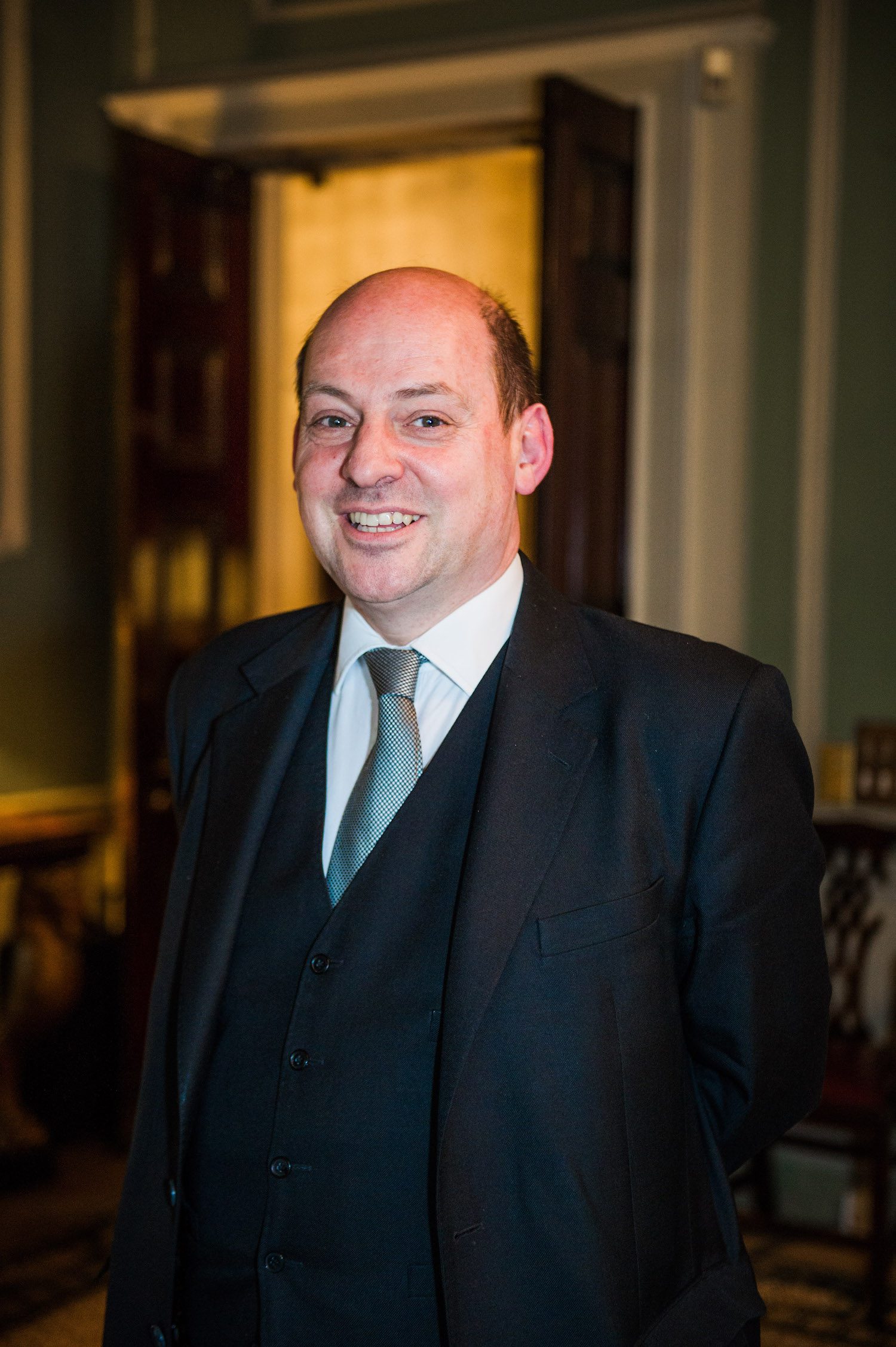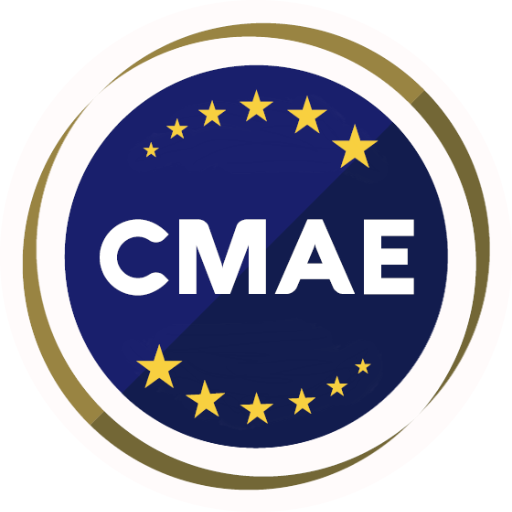Alastair Curbbun CCM is the Assistant Secretary at Brooks’s, one of the oldest gentlemen’s clubs in London, and has been there for over 30 years. He was was one of the first members to gain their Certified Club Manager accolade in 2008 and also sits on the London & Home Counties region board overseeing their education events.
In this Q&A Alastair explains the history of Brooks’s and also how important it is to retain good staff.
Brooks’s is one of the oldest clubs in the world, with an impressive list of notable people as members over the years. Can you articulate what makes the club so special?
Brooks’s was established in 1764 and in 1778 moved into its current St James’s Street home, designed by Henry Holland. The members, largely Whigs, talked politics, played cards and enjoyed food and drink.
In 1839 all sixteen members of the Cabinet belonged to Brooks’s; even as late as 1905 over half of Campbell Bannerman’s Liberal administration were members, and the Cabinet met sometimes at Brooks’s as an alternative to Downing Street. Thirteen members of the club have been Prime Ministers in their day. Other notable former members are Sir Joshua Reynolds, Charles James Fox, William Pitt the Younger and William Wilberforce.
In 1975 the Dilettanti Society transferred to Brooks’s their remarkable collection of portraits, which now embellish the walls of the Great Subscription Room and the Library. We receive letters from around the world requesting if they would be allowed to view these portraits.
From Charles James Fox, Brooks’s inherited a certain Whiggishness which encourages light hearted congeniality amongst the members. This friendship, good values, pride, belief of belonging to somewhere great, tradition, respect and well-established culture from the membership give a special bond between the members and the staff. This empowers the team to please the members and for everyone to have a pride in their club. All these elements make the club special and we still have a long waiting list for membership.
There are welcoming coal fires in all the rooms, a very well stocked wine cellar with all the first growth clarets dating back to 1998 and an excellent food menu. We even have pillows on the sofas in the Library for members to have a relaxing afternoon snooze. The members create a positive working environment for the team. This means that the team exceed members expectations, are consistent and are committed to excellence.
You have been working at Brooks’s club for over 30 years now. What do you think is the most important factor for clubs when trying to retain staff?
We are very lucky at retaining excellent staff. This pleases the membership to see familiar faces and saves them from having to remember lots of unfamiliar staff names!! Recruiting staff is gradually getting more difficult and it is getting more important than ever to inspire and develop our team. We need to retain loyal and passionate staff and to keep them filled with pride and celebrate their achievements. Where possible we do like to promote from within. From our relatively small team, three of them will be attending the CMAE seminar on Emotional Intelligence. The CMAE offers great educational opportunities and it is important to use their expertise.
Hospitality is the fourth largest employer and represents 10% of the national workforce. It is a growing industry and it is estimated that there will be an annual shortage of 60 000 workers after Brexit. This means that it is essential for all clubs to retain staff, develop their team, have viable career paths, look at flexible working, increase benefits, deliver a positive culture and listen to your employees.
Like many gentlemen’s clubs, Brooks’s has a number of strict rules in place. Is there pressure from younger members for some of these rules to be relaxed?
I am sure that the strict rules regarding dress codes and mobile phones in the main body of the club will stay here for many years. There will always be some members who would like these rules to be relaxed so we have we have opened a small study room with computers where members can use their mobiles and remove their jackets. I am sure in the future another area of the club will be allocated for younger members where they can be dressed more casually, but this will be many years away.
When did you first hear about the CMAE and who/what encouraged you to get involved?
I had previously been on the Committee for 16 years of the London Branch of the Hotel, Catering and Institutional Management Association (now the Institute of Hospitality) organising their educational and social events and felt that it was time to move to something much more club orientated. I attended the first meeting of the CMAE back in 2003 and I was impressed with their commitment to education which was specifically for clubs. The CMAE has come on a long way since then and offers a wide range of education. I was one of the first to pass the CCM examination in 2008. The CMAA world conference is a wonderful experience.
You do a lot of work on the education side for the London and Home Counties region of CMAE. Are you seeing more of a demand for a certain type of education or subject matter?
The London and Home Counties region of CMAE have had many great seminars over the years and speakers have come all the way from countries like America and Bahrain.The seminars cover all the CMAE core competencies. The subject matters which are most in demand are Leadership and Inter-personal skills, as well as Club Governance and Human and Professional Resources.


